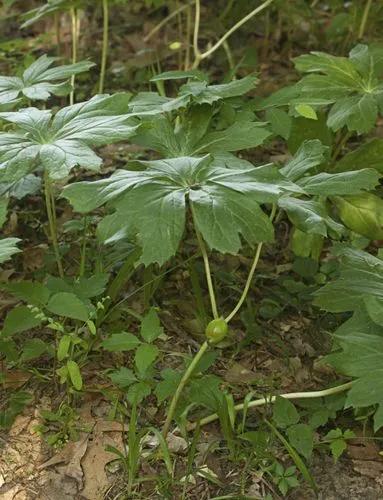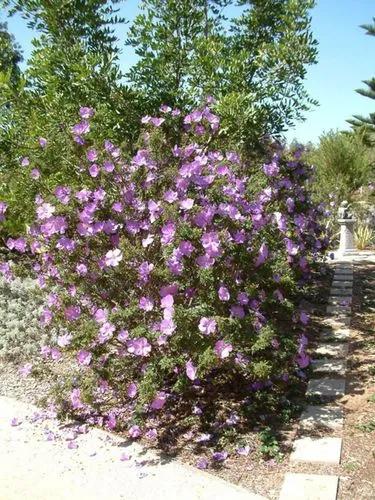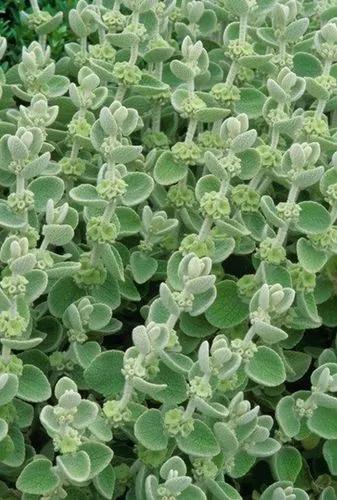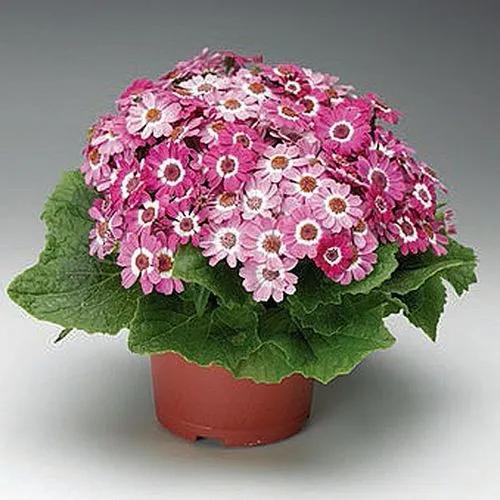Kleinia neriifolia, known in Spanish as verode or berode, is a species of flowering plant in the daisy family. It is endemic to the Canary Islands. It was formerly named Senecio kleinia.
Verode Care
Kleinia neriifolia



A succulent plant, Kleinia neriifolia has articulated branches (constrictions that make them look like rows of sausages) and thick, stubby, elongated leaves which rest directly on the main stem or branch without a petiole or footstalk. The leaves grow clustered in crowded circles at the tops of the branches. The trunk is about 1 m (3 ft) high, and the lanceolate leaves up to 12 cm (5 in) long. Fragrant grey white flowers appear at any time between March and October. The plant is deciduous, the leaves falling at the beginning of the dry season. As with most arid habitat plants, reproduction is by reseeding only.
How to Care for the Plant

Water

Water sparingly from March until October so long as the plant pot is allowed to drain and not sit in a tray of water, and also needs to be avoided wetting the body of this plant while it is in sunlight. Let dry between watering. From July watering should be reduced to force the plant to go into a state of semi dormancy, by September onward the plant will begin to grow and watering should be increased gradually until late November when the plant should be in full growth.

Fertilizer

Feeding may not be necessary at all if the compost is fresh. Feed in early autumn only if the plant hasn't been repotted recently. Do not feed the plants from September onward as this can cause lush growth which can be fatal during the darker cold months.

Sunlight

They do need a lot of light to develop their typical compact shape. Some protection in light shade is recommended during the hottest hours in summer.

Soil

These plants grow well in a rich, well drained soil such us pumice, lava grit, and only a little peat or leaf-mould.

Temperature

When dormant, the plant is slightly cold tolerant (down to nearly -5°C or less), but when left out it is more sensitive to frost. However, warmth throughout the year will increase the grower's success (at minimum temperatures from 5 to 15°C during winter). During the summer it is best to keep the plants outside where the temperature can rise to over 30°C with no harm to the plant.

Container

This plant can be grown in containers. Choose a pot with enough drainage holes.

Popularity

272 people already have this plant 38 people have added this plant to their wishlists
Discover more plants with the list below
Popular articles






